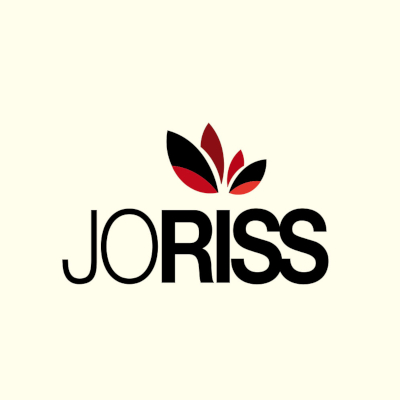
Title: METAPOLIS. De/constructing cities: exploring urban metabolism through construction materials and deconstruction waste in Shanghai and Lyon
Directors: Romain GARCIER & Ruishan CHEN
Discipline: Geography
Status: Completed Project
Starting date: 2019
Directors
Summary
METAPOLIS is a JoRISS incubating project that seeks to question the significance of contemporary urbanization for resource mobilization and waste production by conducting comparative research in Shanghai and Lyon. Bringing together an experienced Franco-Chinese team of geographers and architects and endorsed by the Lyon Urban School, this two-year project will develop an original methodology that will be used to apply for future major grant.
According to UN Urbanization Prospects 2018, there will be 5.17 billion urban population in 2030, about 60.4% of the total world population. The last four decades have witnessed rapid urbanization in the world, especially in China, where the rate of urbanization has changed from 19.4% in 1980 to almost 60% in 2018, with 20 million people moving to cities each year. In the process of urbanization, the increased urban population will consume more resources and produce more waste when people move from the countryside to urban areas. Urbanization is by far the main driver of the contemporary human artificialization of the planetary environment and a defining feature of the new Anthropocene epoch.
Such urbanization has led to a massive increase of materials and waste production, transforming urban metabolism In China, among many materials, construction and demolition waste has increased more than twentyfold since the beginning of the 21st century, along with increasing artificialized living area and rapid urbanization. Recent studies have shown the considerable amounts of materials stocked in individual cities (generally several tens of billion tons). Such developments have enormous impacts on the environment, human health, national resource sustainability and global climate change. If the dynamics of urban expansion and renewal are less strong in Europe, some cities (e.g. Lyon with the Confluence Project) experience massive material mobilization due to major urban renewal projects and spatial expansion.
However, in the existing literature, the systemic issues related to urban construction materials and deconstruction waste are still poorly documented. What are the impacts of construction waste and materials at multi-scales ranging from community to city to national to global scale? This project seeks to make an original contribution on two grounds. First, unlike most studies to date, it will develop an innovative mixed-method (quantitative, qualitative and spatial), integrated approach to:
- quantify stock and flows of urban material and waste by using and producing data from statistical sources and high-resolution imagery;
- document the drivers and constraints for the production and management of such materials by interviewing stakeholders and using ethnographic methods;
- and produce a spatial understanding of material circulations (rather than flows).
Second, the project is essentially comparative: its heuristics is based on a dialogue between the Lyon and Shanghai urban areas as a way to make apparent common drivers but also, national and local idiosyncrasies. In this, the project will make a contribution to urban safety, climate change mitigation and also urban sustainability.








